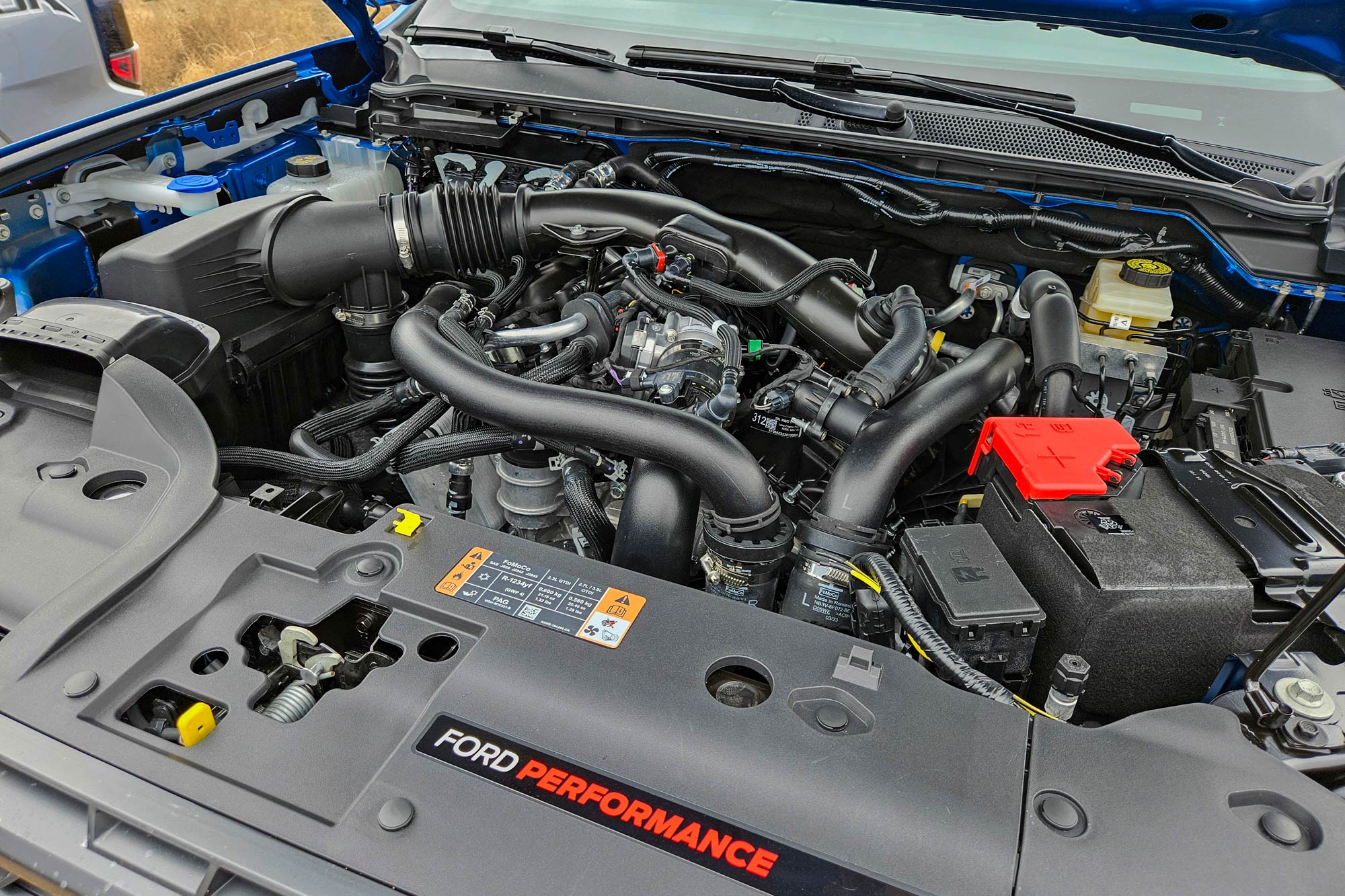Why the 2.2 Ford Ranger Engine Is a Popular Choice for Rugged and Reliable Performance
Why the 2.2 Ford Ranger Engine Is a Popular Choice for Rugged and Reliable Performance
Blog Article
What Makes a Cars And Truck Engine Run Efficiently: Top Tips for Ideal Treatment
The smooth operation of a car engine is fundamental to both efficiency and durability, making ideal care an important responsibility for automobile owners. What particular steps should you prioritize to guarantee your engine continues to be in peak problem?
Normal Oil Modifications
Among the most vital elements of auto maintenance is ensuring your engine obtains normal oil adjustments. Engine oil lubricates inner parts, minimizes friction, and aids preserve optimal operating temperatures. Over time, oil deteriorates due to heat, impurities, and the natural by-products of combustion, bring about reduced effectiveness and prospective engine damage.
The majority of suppliers suggest changing the oil every 5,000 to 7,500 miles, yet this interval can vary based upon driving problems and oil type. For example, artificial oils may enable longer intervals between adjustments. Normal oil modifications not just boost engine performance but also improve gas efficiency, as tidy oil promotes smoother procedure.
Disregarding oil changes can lead to sludge accumulation, which impairs blood circulation and can bring about serious engine problems. It is important to inspect oil degrees on a regular basis and check for any type of unusual adjustments in color or uniformity, which could suggest contamination or degradation.

Preserving Coolant Levels
Keeping appropriate coolant degrees is vital for stopping engine overheating and making sure ideal performance. The coolant, generally a mix of water and antifreeze, distributes through the engine, absorbing warm and avoiding thermal stress and anxiety. Inadequate coolant can lead to increased engine temperature levels, which might create serious damage and even overall engine failing.
To maintain optimum coolant degrees, consistently inspect the coolant tank, typically located in the engine bay. Make certain the coolant is filled up to the recommended mark, as shown in your automobile's proprietor manual. It is suggested to examine the levels at least when a month or previously long trips, particularly throughout severe weather.
If you notice that the coolant degree is continually reduced, there may be a leakage in the cooling system, which ought to be attended to promptly to avoid more problems. 2.2 ford ranger engine. Furthermore, purging the coolant system every 2 to 3 years can assist remove any type of built up particles and make certain efficient warmth exchange
Monitoring Air Filters

It is recommended to examine the air filter every 12,000 to 15,000 miles, or extra regularly if driving in unfavorable or dirty problems. A basic visual inspection can often disclose whether the filter is dirty or harmed. If the filter appears stained or has noticeable dirt buildup, it must be changed quickly.
Making use of a high-grade air filter made for your particular vehicle model can further boost engine efficiency. index Furthermore, some automobiles might profit from recyclable filters that can be cleaned and re-installed, supplying a environmentally pleasant and cost-efficient alternative.
Inspecting Spark Plugs
Ignition system are important parts of an automobile's ignition system, directly influencing engine efficiency and effectiveness. They produce the trigger that stirs up the air-fuel combination in the burning chamber, facilitating the engine's power generation. Normal evaluation of ignition system is important for preserving optimum engine function and preventing prospective concerns.
During an evaluation, look for indicators of wear or damage, such as cracks, carbon build-up, or too much gap widening. A healthy stimulate plug usually websites exhibits a light brown or tan color. Dark residue or oil deposits can show improper combustion, while a raw or white look may recommend getting too hot. Both problems need immediate attention to stop further engine damage.
It's a good idea to check trigger plugs every 30,000 miles, or as advised in your vehicle's proprietor handbook. Additionally, think about replacing them according to the manufacturer's standards, as navigate to these guys old or worn ignition system can lead to misfires, decreased fuel performance, and boosted exhausts.
Tracking Tire Pressure
Under-inflated tires can lead to lowered fuel performance, boosted tire wear, and endangered handling. Regular surveillance of tire stress is crucial for ideal vehicle procedure.
Tire pressure need to be examined a minimum of as soon as a month and soon trips. Use a reputable tire stress gauge to gauge the pressure when the tires are cool, preferably prior to the vehicle has been driven for a minimum of 3 hours. Describe the car's owner guidebook or the placard situated on the driver's side door jamb for the manufacturer's suggested pressure degrees.
It is important to note that tire pressure can vary with changes in temperature; a decline of 10 ° F can cause a 1-2 psi decline in stress. In addition, visually inspect tires for any type of indications of wear or damage throughout your monitoring routine. Maintaining correct tire stress not just boosts automobile security however additionally enhances fuel efficiency and lengthens tire life, ultimately contributing to a smoother engine efficiency.
Verdict
In final thought, keeping a car engine's smooth procedure needs diligent attention to a number of crucial elements. Ultimately, an aggressive technique to engine treatment is crucial for making certain reliability and functionality over time.
One of the most vital facets of auto upkeep is ensuring your engine obtains routine oil changes. Engine oil lubricates internal components, lowers friction, and assists maintain ideal operating temperatures. Normal oil modifications not just improve engine performance but also enhance gas effectiveness, as clean oil promotes smoother operation.
Not enough coolant can lead to enhanced engine temperatures, which may trigger severe damage or also complete engine failing.

Report this page